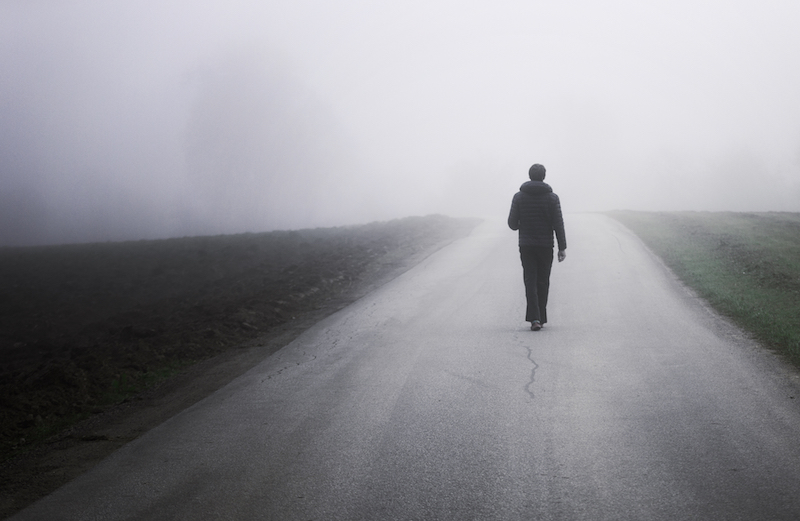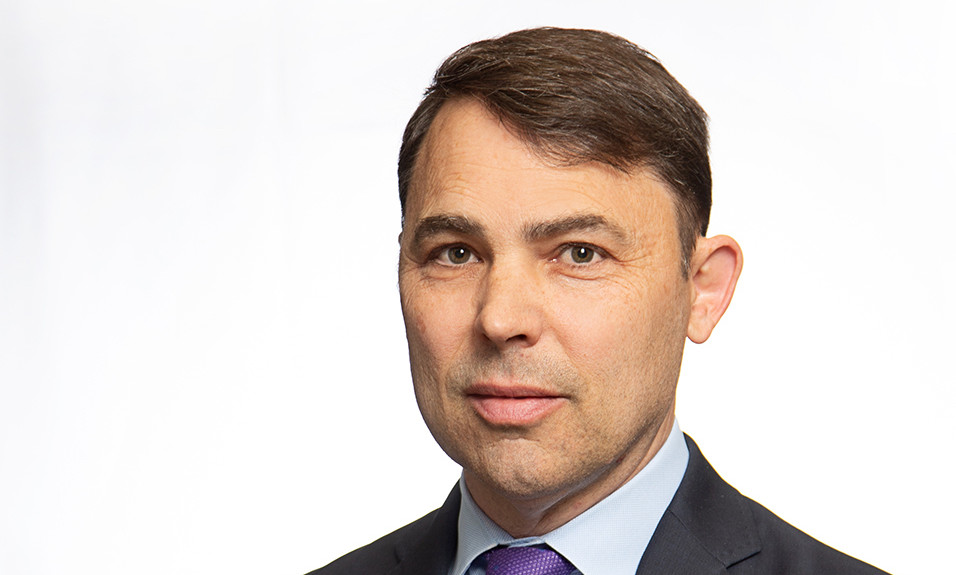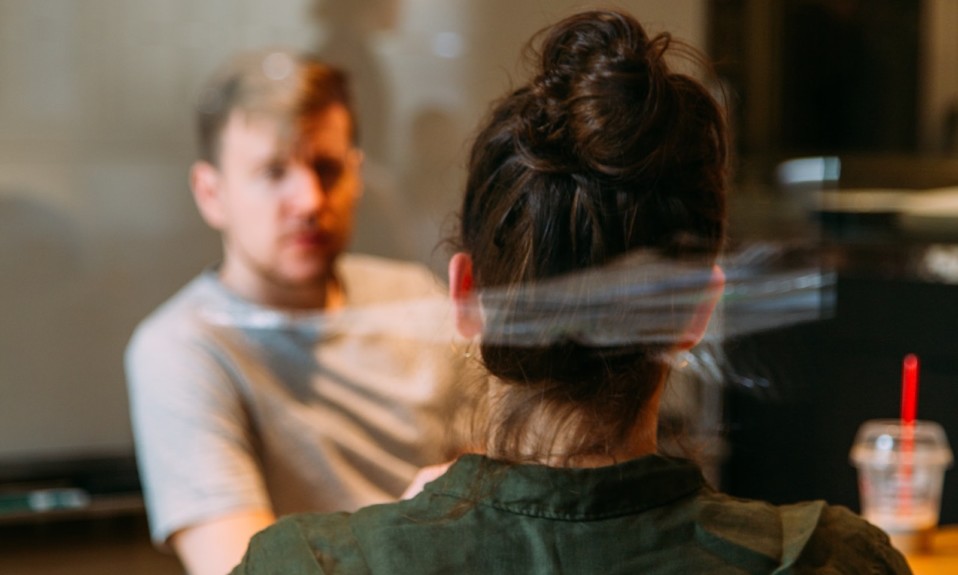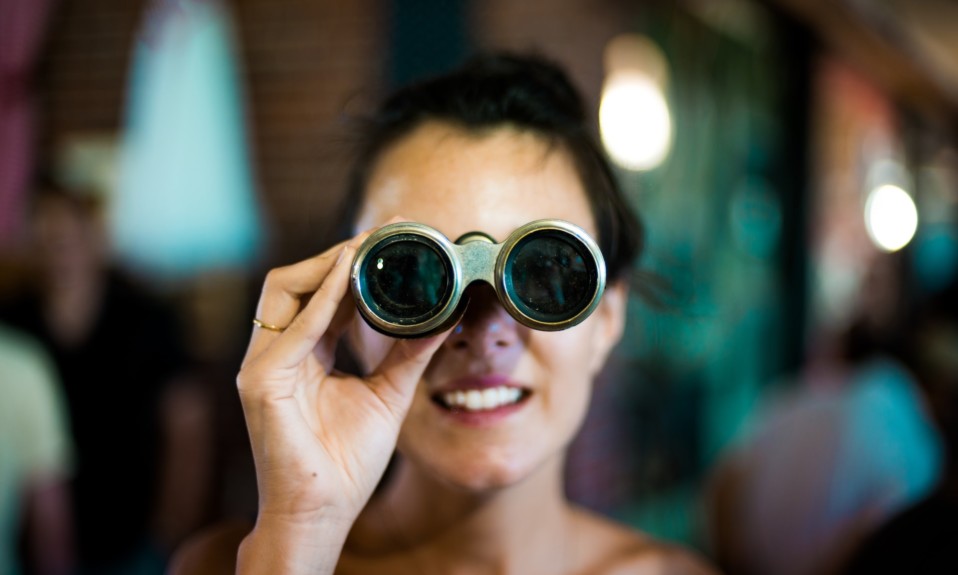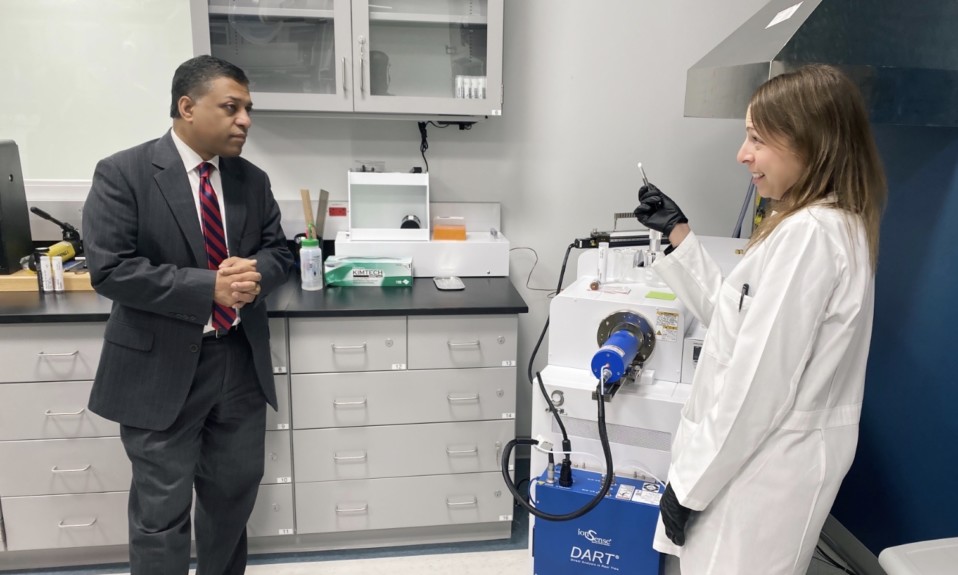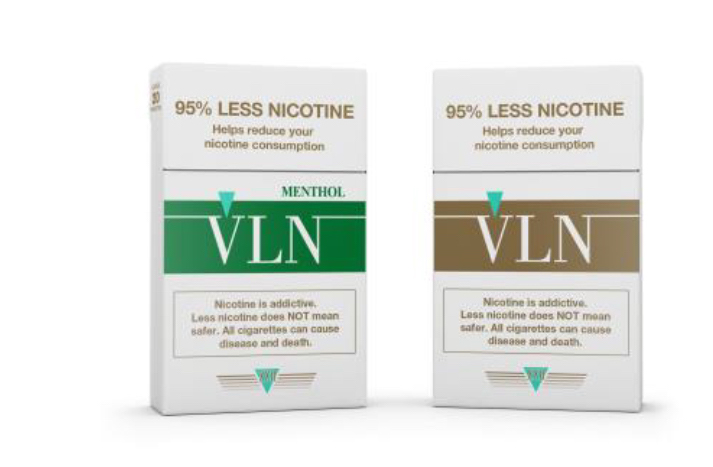After years spent in active addiction and in prison, the Appalachia native has found his calling as a certified peer recovery specialist for Ballad Health
By Jenny Diedrich
Jason Pritchard believes life is all about second chances, and he works every day to give them to people who are incarcerated and in recovery.
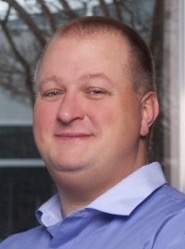
A convicted felon who was in active addiction for 16 years, Pritchard is now helping others in their recovery journeys as a certified peer recovery specialist (CPRS) for the Tennessee-based Ballad Health PEERhelp Warmline. Staffed by peers with lived experience, PEERhelp addresses COVID-19 barriers to care by providing virtual recovery meetings in northeast Tennessee and southwest Virginia. The program serves individuals who suffer from substance use disorder (SUD), mental health challenges and incarceration.
Pritchard, who grew up in poverty in Appalachia and went from being homeless to buying his own home, speaks to the shame, pain and isolation that come with addiction. “You don’t have to live this way, and you can have something better,” he says. “As long as you’re fighting, you’re succeeding.”
TreatmentMagazine.com recently spoke with Pritchard about his background, the program he helped create at Ballad Health, and his goal to reduce the stigma around addiction and incarceration.
Q: How did your drug use begin?
A: I was born in the mountains of North Carolina into a family where drug distribution was a way of life. Everyone worked at the local cotton mills or carpet manufacturer, and in the off times they manufactured and distributed marijuana. At five years old, when I was getting ready to enter kindergarten, I was told we don’t talk about things we do at home. The government says it’s wrong, but it’s what we have to do to survive. They taught us from a very young age to avoid any interaction with the police.
I would go in the bathrooms and do lines of cocaine and pills, and no one ever knew I was doing drugs. When I got in another car wreck, it really went downhill. That’s when I started having encounters with law enforcement.”
—Jason Pritchard, Ballad Health
When I turned 18, I had a football scholarship to college. I started drinking heavily and smoking marijuana. I left school and came home after two semesters. In March of 1999, I got in a bad car wreck. I had many surgeries and started getting prescriptions of heavy amounts of pain medication. I quickly learned that there was street value for those pills, so I would take some and sell the rest. My family had this thing where marijuana and liquor were okay, but don’t be involved in anything else. The exception was that it came from the doctor. I started having encounters with people who were doing cocaine and meth, and it wasn’t long before I found that to be lucrative. And I found I liked them.
My family moved from North Carolina to Virginia to get me away from the lifestyle. I was referred to a pain medication clinic there, and they determined that I was incorrectly medicated. They put me on methadone, and I found out the same thing: Methadone had a street value. The positive thing was that it did clear my head enough to enroll in a community college, and I ended up graduating at the top level. I went to Virginia Tech and got a bachelor’s degree in finance. Even though I was now educated, I was still using.
I got a job in marketing, and they transferred me to San Francisco. I went to California and then ended up taking [another] job. It was more money than I’ve ever made in my life, with all kinds of other perks. I was working that job for a while and doing really good. I would go in the bathrooms and do lines of cocaine and pills, and no one ever knew I was doing drugs. When I got in another car wreck, it really went downhill. That’s when I started having encounters with law enforcement. I did six months in prison in 2010 and then was back out using and distributing. In early 2012, I ended up getting multiple convictions and served five consecutive years.
Q: What happened during your time in prison?
A: When you’re in prison, you have nothing to do but lie there and think. I began to look back at my life and analyzed all the mistakes I’d made and the opportunities I’d squandered. It was getting close to time to come home, and I started trying to think about what was I going to do.
[Prison] changes you. I still see things that were developed in me as a survival method while incarcerated. If I could keep anyone else from going through that, that’s my life’s goal. Not only can I work with people trying to get through their SUD, but I can be a voice for people who are being sentenced for drug charges.”
—Jason Pritchard
By society’s standards, I shouldn’t have amounted to anything, because I have a record. I started reading books, and there was some good information, but it wasn’t a re-entry program. I took that and ran with it and created a re-entry program for myself. I had a job within nine days of release working as a culinary trainer for Olive Garden.
[Prison] changes you. I still see things that were developed in me as a survival method while incarcerated. If I could keep anyone else from going through that, that’s my life’s goal. Not only can I work with people trying to get through their SUD, but I can be a voice for people who are being sentenced for drug charges.
Q: How did you get your job at Ballad Health?
A: In November 2018, I received an email about a position that was available. I applied, even though I wasn’t sure they would be able to hire me because I’m a four-time convicted felon. I sat down for the interview, and it was going so amazing. I pulled out this binder where I had all my certificates. They asked where I got this, and I said while I was incarcerated I chose to do things to advance myself. You could kind of hear the air leave the room. If you had been convicted of a felony in the last seven years, usually your resume was kicked out.
They started trying to hire me, and it took a few weeks to get it through HR and approved. Since then, we’ve hired 12 peer recovery specialists who have criminal records. I was certified as a peer recovery specialist in January 2019. Now I have every training and supervision certification you can hold in Virginia and Tennessee. In October 2019, I was promoted to recovery program manager. We have six grants totaling $3.4 million. The program is on fire, and we’ve had all of our success during COVID.
Q: Describe the program you’ve helped develop at Ballad Health.
A: The program is a five-pronged approach all run by people in recovery–myself and nine others who have almost 30 years of combined incarceration. We run recovery groups across 21 counties in Virginia and Tennessee.
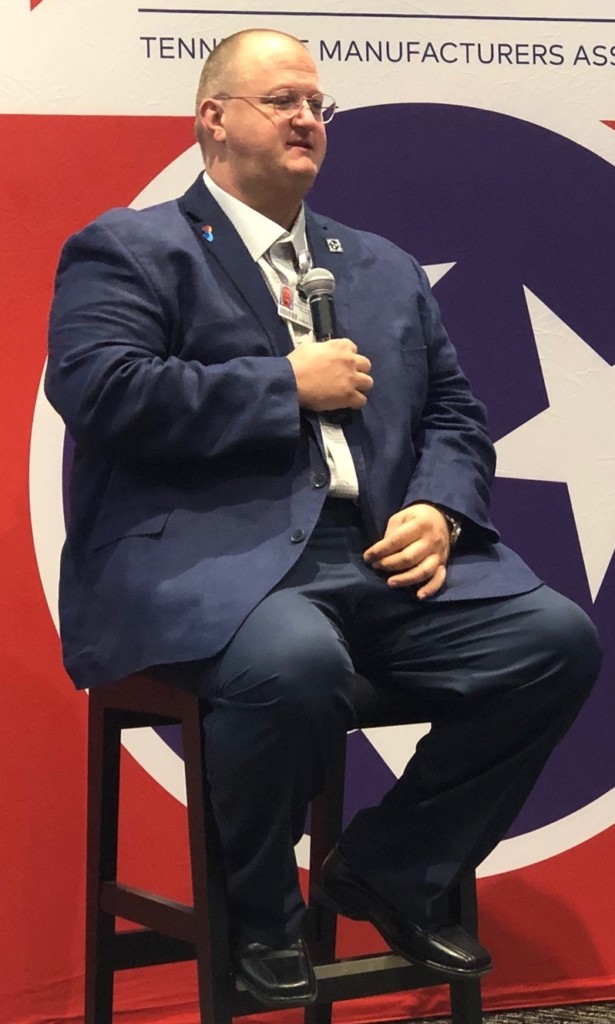
We’re involved in navigation services inside the jail. We make contact with individuals 90 days before their release and set up a re-entry program. Our overall goal is gainful employment. We find the gaps. It could be they don’t have an ID, or something more drastic, like they don’t have a place to live or family. We navigate them to resources. We have a peer help line that is operational 24 hours a day. The PEERHelp Warmline was created for two reasons: COVID hit, and there were a lot of people who were disconnected. The opposite of recovery is isolation. The Warmline allows them to talk to like-minded individuals and connect.
We also created a jail email system. We’re connected with four regional jails in Virginia and five county jails in Tennessee. Since June 2020, we’ve served 685 individuals just through emails. There are so many things they ask us for. Sometimes they want clothes. They’ve lost everything they owned, so we’ll meet them at the jail on the day of their release with clothing. We received an email from someone who wanted us to go to his house, feed his cats and find out what he owed in back taxes on his property. We did it.
Q: What are the other parts of the Ballad Health program?
A: In Tennessee, we have a second chance employment program. We bring people from the community or the incarceration system, and guide them to employers who are willing to look past their records and give them a second chance. We currently have 10 employers signed on, 70 involved in the program and 14 who have already gone to work.
Our newest project is a 52-week alternative sentencing program. It consists of recovery meetings and work skills. They can choose a faith-based pathway or non-faith-based. They build their own recovery program, so the buy-in is phenomenal. That’s our newest pride and joy.
I want to open eyes to the fact that we do recover and go on to live productive lives. Let’s reduce this stigma and give people a pathway to redemption.”
—Jason Pritchard
Q: What do you ultimately hope to accomplish?
A: I want to change the culture. If I told you when you changed jobs you had to write down every time you lied, cheated, stole or did anything considered wrong by society’s standards, do you think you would have the job you have today? What I really want to do is change the culture so people understand this is not a life sentence.
I want to open eyes to the fact that we do recover and go on to live productive lives. Let’s reduce this stigma and give people a pathway to redemption. I’ll be honest—culture is changing. It’s happening now in my organization. About six months ago, I hired a woman who had been convicted of a felony three years ago. I received a phone call from HR, [which] said they would typically decline this individual. I advocated for her, and she was hired. Hats off to Ballad. They saw not just opportunity, but the ability to change people’s lives.


